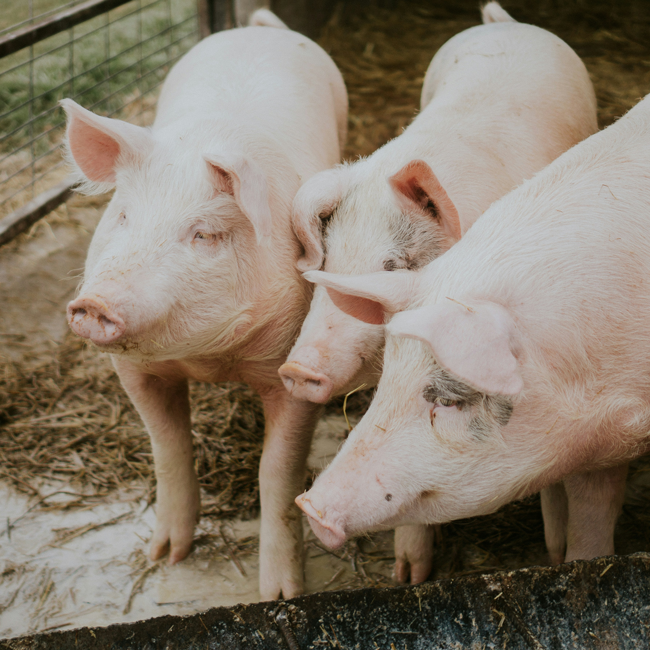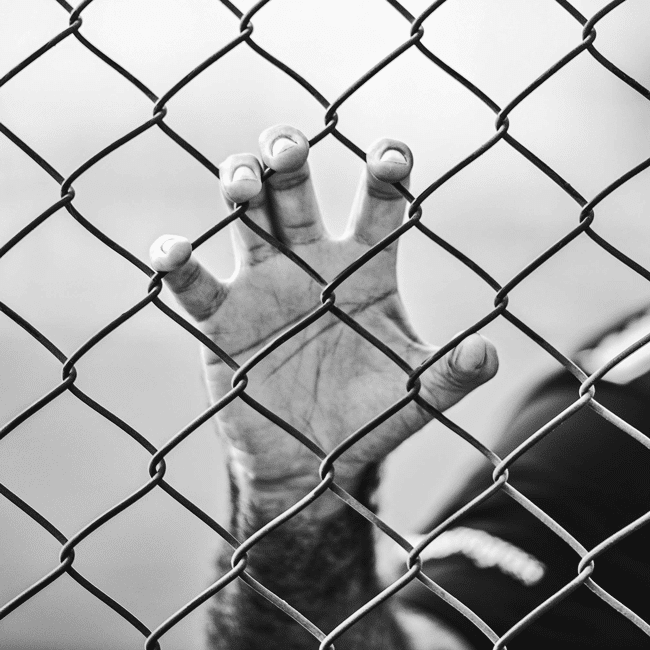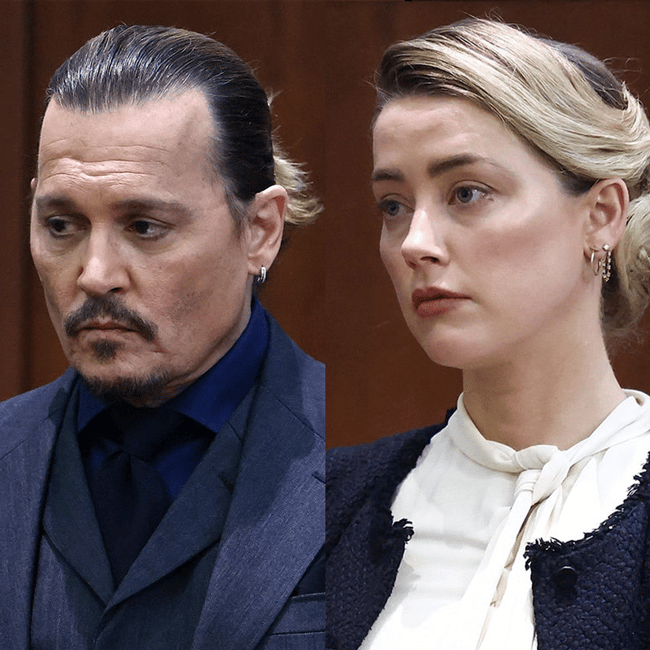
Big Thinker: Dennis Altman
Big thinkerPolitics + Human RightsRelationships
BY Kym Middleton The Ethics Centre 28 SEP 2017
Dennis Altman (1943—present) is an internationally renowned queer theorist, Australian professor of politics and current Professorial Fellow at La Trobe University.
Beginning his intellectual career in the 1970s, his impact on queer thinking and gay liberation can be likened to Germaine Greer’s contributions to the women’s movement.
Much of Altman’s work explores the differences between gay radical activists who question heteronormative social structures like marriage and nuclear family, and gay equality activists who want the same access to such structures.
“Young queers today are caught up in the same dilemma that confronted the founders of the gay and lesbian movements: Do we want to demonstrate that we are just like everyone else, or do we want to build alternatives to the dominant sexual and emotional patterns?”
Divided in diversity, united in oppression
Altman’s influential contribution to gay rights began with his first of many books, Homosexual: Oppression and Liberation. The 1971 text has been published in several countries and is still widely read today. It is often regarded as an uncannily correct prediction of how gay rights would improve over the decades – something that would have been difficult to imagine when the first Sydney Mardi Gras was met with police violence.
Altman predicted homosexuality would become normalised and accepted over time. As oppressions ceased, and liberation was realised, sexual identities would become less important and the divisions between homosexual and heterosexual would erode. Eventually, openly gay people would come to be defined the way straight people were – by characteristics other than their sexuality like their job, achievements or interests.
Despite gay communities being home to diversity and division, the shared experience of discrimination bonded them, Altman argued. Much like women’s and black civil rights advocates could testify, oppression has an upside – it forms communities.
End of the homosexual?
Altman’s 2013 book The End of the Homosexual? follows on from the ideas in his first. It is often described as a sequel despite the 40 years and several other publications between the two. He wrote it at a time when same sex marriage was beginning to be legalised around the world.
Altman recently reflected on his old work and said he was wrong to believe identity would become less important as acceptance grew but right to predict being gay would not be people’s defining characteristic.
He has come across as both happy and disappointed by the normalisation of same sex relationships. While massive reductions in violence and systemic discrimination is something you can only celebrate, Altman almost mourns the loss of the radical roots of gay liberation that formed in response to such injustices.
Without the oppressions of yesteryear, what binds diverse people into gay communities today? What distinguishes between a ‘gay lifestyle’ and a ‘straight lifestyle’ when they share so many characteristics like marriage, children, and general social acceptance?
Of course, all things are still not equal today. While people in the West largely enjoy safety and equality, people in countries like Russia are experiencing regressions. Altman hopes gay liberationists could have impact there.
Same sex marriage
Although he’s considered a pioneer in queer theory, a field that questions dominant heterosexual social structures, Altman does not support same sex marriage.
Some people might feel a sense of betrayal that such a well respected gay public intellectual has not put his influence behind this campaign. But Altman’s lack of support is completely consistent with the thinking he has been sharing for decades. Like a radical women’s liberationist, he has reservations about marriage itself – whether it’s same sex or opposite sex.
Altman takes issue with traditional marriage’s “assumption that there is only one way of living a life”. He has long been concerned the positioning of wedlock as the norm forgets all the people who are not living in long term, monogamous relationships. He argues marriage isn’t even all that normal in Australia anymore with single person households growing faster than any other category.
Altman was with his spouse for 20 years until death parted them. While that may sound like a marriage, the role of state and Church deeply bothers him, and so they were together without the blessings of those institutions. He has expressed confusion over the popular desire to be approved by the state or religious bodies that do not want to sanction same sex relationships. It’s because he doesn’t consider same sex marriage a human rights issue, when compared to things like starvation, oppression, and other forms of suffering.
Nevertheless, Altman recognises the importance of equal rights and understands why marriage for heterosexuals and not homosexuals is unfair. True to form he continues to question the institution itself by flipping the marriage equality argument on its head. He advocates for “the equal right not to marry”.
Ethics in your inbox.
Get the latest inspiration, intelligence, events & more.
By signing up you agree to our privacy policy
You might be interested in…
Opinion + Analysis
Business + Leadership, Politics + Human Rights
Why fairness is integral to tax policy
Opinion + Analysis
Relationships, Climate + Environment
Blindness and seeing
Opinion + Analysis
Politics + Human Rights, Health + Wellbeing, Society + Culture
I changed my mind about prisons
Opinion + Analysis
Politics + Human Rights, Relationships, Society + Culture




